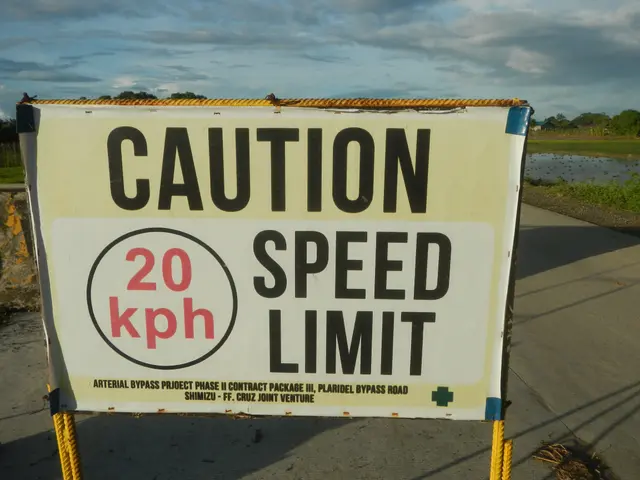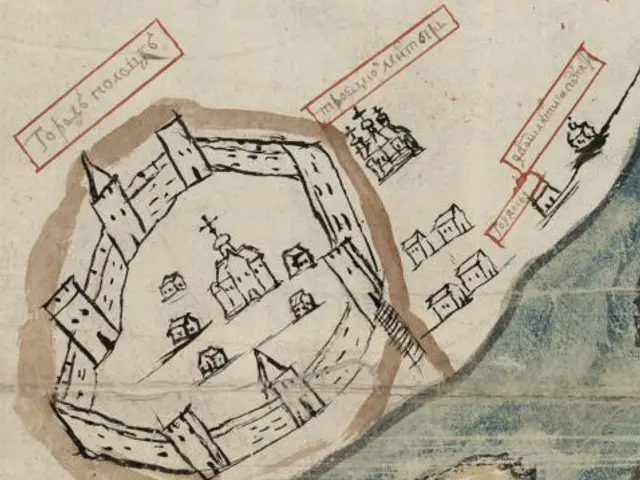Twelve Odd Phrases Whose Original Meanings Have Evolved Over Time
In the English language, there are some words that add a touch of fun and confusion to our vocabulary. These words, while not commonly used in everyday conversation, are fascinating in their origins and meanings. Let's delve into some of these oddities.
First, we have "Catawampus" and its variant "cattywampus," both meaning something is askew or not in the right form. Imagine using these words to describe a crooked picture frame or a misaligned bookshelf.
Next, we encounter "Gobbledygook," a term coined in the U.S. in the 1940s. This word describes speech or writing that's full of unnecessary, complicated, or pretentious nonsense. It's a perfect term to use when discussing a complex political speech or a lengthy legal document that's hard to understand.
"Brouhaha" is another term that refers to a noisy commotion or uproar. This word, originally from the French, is often used to describe a lively and boisterous gathering.
The word "Snollygoster" was first used by American politician Horace Greeley in the mid-19th century. This term is an Americanism that refers to a politician without principles. It's a word that's still relevant today, especially in the world of politics.
"Skedaddle" suggests running away quickly, often in a funny or unexpected fashion. This word, while not used frequently, is a fun addition to any vocabulary, especially when describing a hasty retreat.
"Gongoozle" is a term that means to stare idly at something, like wasting time watching the world go by. This word, originally from the Midlands dialect, is a perfect term to use when describing someone who spends hours watching boats on a canal.
"Obambulate" is an obsolete word that means to walk about aimlessly. This word, while not commonly used, paints a vivid picture of a person wandering without purpose, almost like a strange morning ritual.
"Loblolly" originally meant a thick porridge or gruel, but now also refers to a mire or mudhole, or to the loblolly pine. This word, while not used in everyday conversation, is a fun addition to any vocabulary, especially for those who enjoy the outdoors.
Lastly, we have "Taradiddle," a term that means a small lie or bit of foolish nonsense. This word, while not commonly used, is a perfect term to use when describing a minor deception or a trivial fib.
In conclusion, the English language is full of fascinating words, some of which are odd, confusing, and fun. These words, while not commonly used, add a touch of excitement and intrigue to our vocabulary. So, the next time you find yourself in need of a unique word, don't hesitate to explore the less-travelled paths of the English language.








